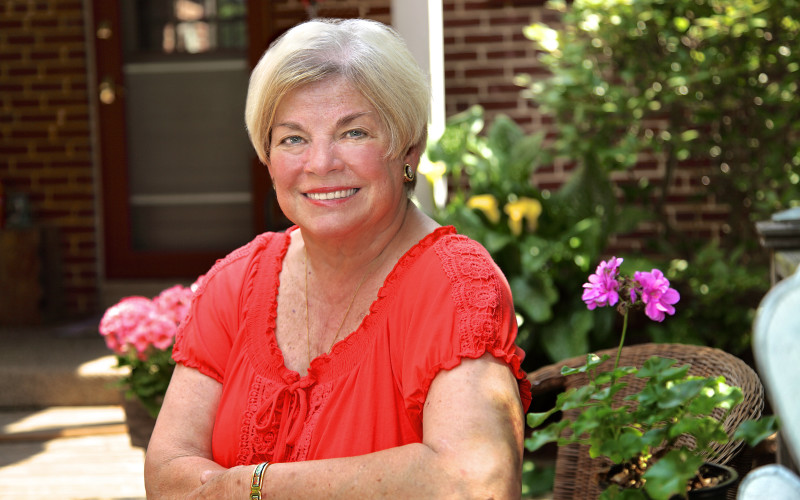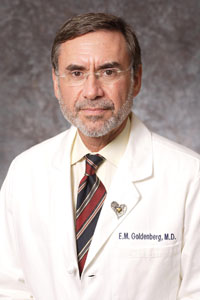Genetics testing provides new ways to protect people from heart disease

Family members are close to our hearts. We share bonds of love, loyalty — and sometimes genetic risk for heart disease.
Up to 15 percent of heart disease is hereditary, meaning that a risk for heart conditions is passed from one generation to the next. For example, cardiomyopathy, or an enlarged heart, might have a genetic component. Several inherited arrhythmia disorders that cause sudden cardiac arrest have a genetic link.
The Familial Cardiovascular Risk Assessment program at Christiana Care’s Center for Heart & Vascular Health offers a comprehensive cardiovascular risk assessment that focuses on family history and genetics, along with personal and environmental factors such as diet, exercise, smoking and stress.

“If there is a history of heart disease in the family, we determine if there is a pattern to that disease,” said Zohra Ali-Kahn Catts, MS, LCGC, director, Cancer Genetic Counseling at the Helen F. Graham Cancer Center & Research Institute. “We go back at least three generations, including brothers and sisters, cousins, aunts and uncles, grandparents and, if available, great aunts and uncles. We look for family history of sudden cardiac death, including people who weren’t diagnosed with cardiac arrest. For example, did someone who was a good swimmer drown unexpectedly?”
Gerry Snavely’s father died of a heart attack when he was 44. Her maternal grandmother died of heart disease at 36. So when she was planning a knee replacement at 62 she had a cardiac catheterization to determine if she had heart problems.
“As it turns out, I needed a quadruple bypass,” she recalled.
Edward Goldenberg, M.D., FACC, director, Preventive Cardiology, recommended that her four children be tested. Three required bypass surgery before they were 40. The fourth child declined testing.
“It’s better to know if there is a problem in the family so you can take action,” she said. “We are cooking with less fat. My grandchildren are growing up eating steamed vegetables.”
Genetic tests for various cancers have been available for years. Tests for heart disease are relatively new. They also are complex.
“We may be looking at six genes to 79 genes, depending on what cardiac syndrome we are looking at,” Ali-Khan Catts said.
This year, Christiana Care became the first health system in Delaware to offer LDL apheresis, a treatment for familial hypercholesterolemia (FH), a rare genetic disorder characterized by high levels of low-density lipoproteins (LDL), commonly known as bad cholesterol. If not treated, 50 percent of people with FH develop cardiovascular disease by age 55. Many suffer a stroke or heart attack at an even younger age.
Apheresis is a procedure much like dialysis, in which the patient’s blood is removed from the body, separated so that the LDL can be removed, and then returned.
Christiana Care also is the only center in Delaware certified for Kynamro and Juxtapid, two new drugs that lower LDL levels in patients with FH.

“These drugs mean that patients won’t have to have apheresis as often, perhaps once a month instead of once every two weeks,” said Dr. Goldenberg, who has a special interest in lipid management.
Kynamro and Juxtapid also may be used in conjunction with statins to manage hyperlipidemia without apheresis, Dr. Goldenberg said.
About 20 percent of people with thoracic aortic aneurysm and dissection have a genetic predisposition to the condition in which the main blood vessel that carries blood away from the heart is enlarged. Patients who learn they are at risk can be closely monitored to prevent a life-threatening aortic rupture.
People with a genetic predisposition to cerebral aneurysms can be screened with a CT scan.
“One of the benefits of knowing our genetic risk is the ability to medically manage a condition,” Ali-Khan Catts said. “It also provides an opportunity for preventive care.”
To learn more about the Familial Cardiovascular Risk Program, call 302-623-4630.